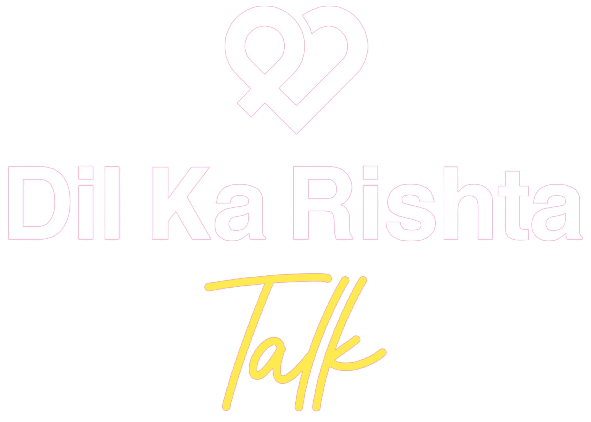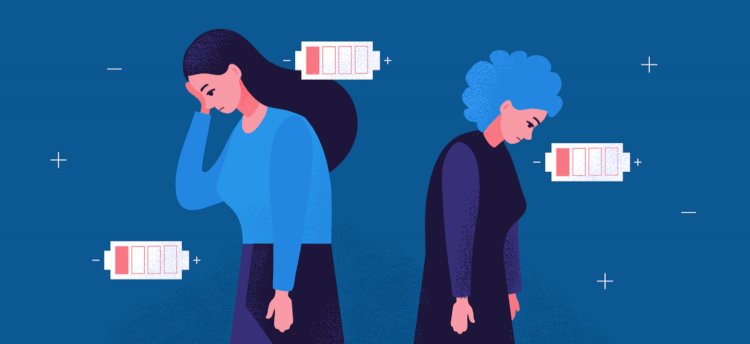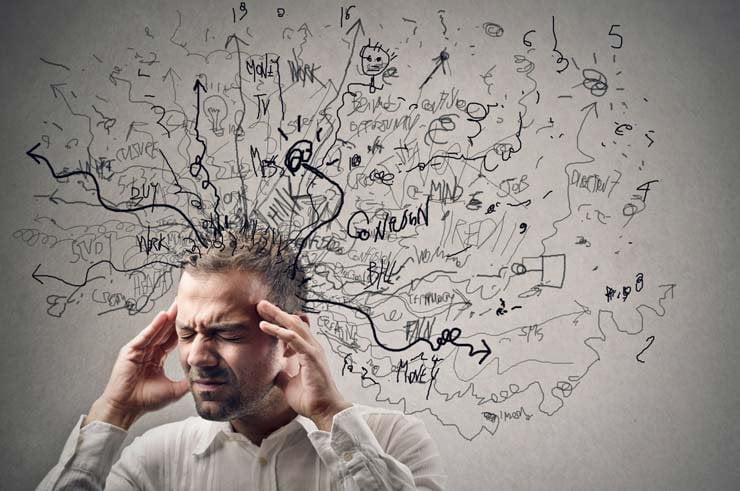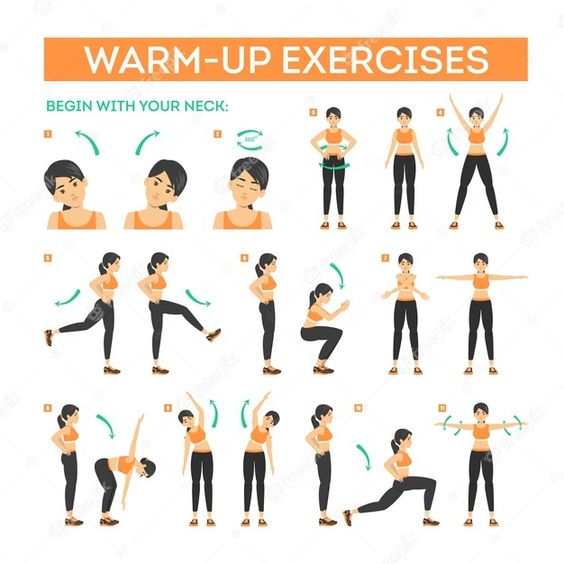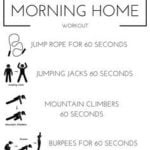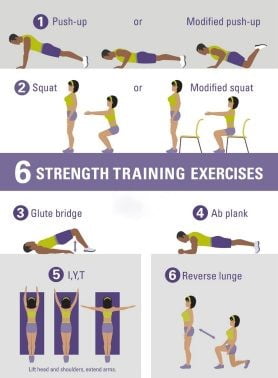Feeling overwhelmed by fatigue and anxiety? You’re not alone. These common issues can significantly impact your daily life, leaving you feeling drained and unmotivated. But there’s good news: at-home exercise can be a powerful tool in your fight against both fatigue and anxiety.
The Science Behind Exercise and Mood
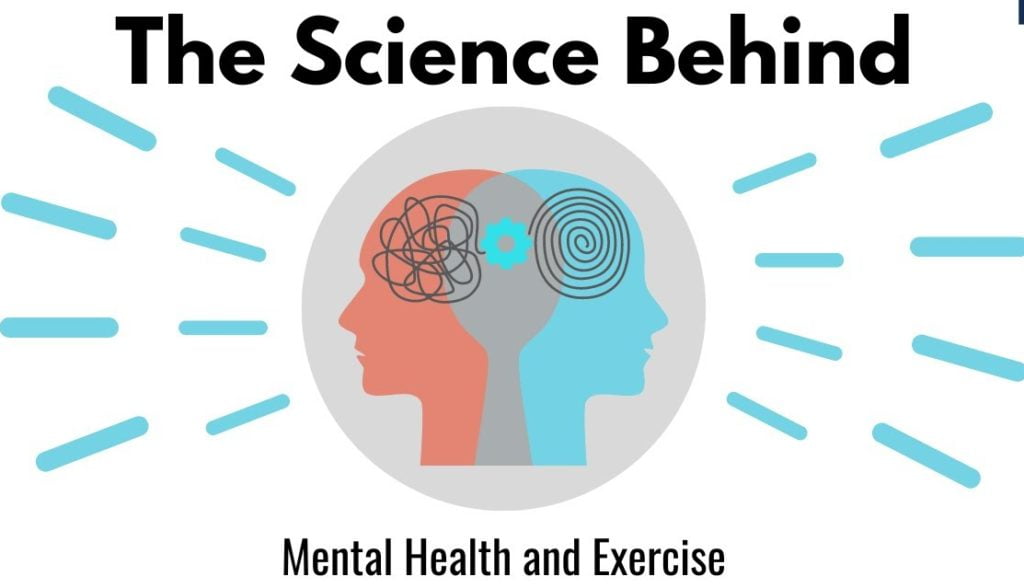
Regular physical activity has a profound impact on your brain chemistry. Exercise triggers the release of endorphins, natural mood elevators that combat feelings of stress and anxiety. Additionally, exercise promotes the production of serotonin, a neurotransmitter that regulates mood, sleep, and appetite.
Let’s delve deeper into how at-home exercise can specifically target fatigue and anxiety:
Combating Fatigue and Anxiety
Combating Fatigue
- Increased Energy Levels: Exercise improves blood circulation and oxygen flow throughout your body, leaving you feeling more energized throughout the day.
- Improved Sleep Quality: Regular physical activity can regulate your sleep cycle, leading to deeper, more restful sleep, which in turn combats daytime fatigue.
- Boosted Metabolism: Exercise helps regulate blood sugar levels, preventing energy crashes commonly associated with fatigue.

Calming Anxiety
- Stress Reduction: Physical activity is a natural stress reliever. Exercise triggers the body’s relaxation response, lowering stress hormones and promoting feelings of calmness.
- Mindfulness and Focus: Exercise allows you to focus on your body and movement, taking your mind off worries and anxieties.
- Improved Confidence: Completing a workout can boost your sense of accomplishment and self-esteem, leading to increased feelings of control and reduced anxiety.
Getting Started with At-Home Exercise
The beauty of at-home exercise is its accessibility. You don’t need fancy equipment or a gym membership to reap the benefits. Here are some tips to get you started:
- Choose activities you enjoy: This will make exercise feel less like a chore and more like a fun activity.
- Start small and gradually increase intensity: Don’t overwhelm yourself. Begin with shorter workouts and gradually increase duration and intensity as your fitness level improves.
- Find a workout buddy: Working out with a friend or family member can add a social element and boost motivation.
- Utilize online resources: There are countless free workout videos and routines available online that cater to varying fitness levels and interests.
- Embrace bodyweight exercises: You don’t need weights to get a great workout. Bodyweight exercises like squats, lunges, push-ups, planks, and jumping jacks are highly effective.
At-Home Exercise Routine for Anxiety and Fatigue
Here’s a simple 30-minute at-home workout routine designed to combat anxiety and fatigue:
- Warm-up (5 minutes): Light jogging followed by dynamic stretches.

- Cardio (15 minutes): Choose an activity you enjoy, such as dancing, jumping jacks, jogging in place,
 cycling on a stationary bike, or using a jump rope.
cycling on a stationary bike, or using a jump rope. - Strength Training (10 minutes): Perform bodyweight exercises like squats, lunges, push-ups (modified versions can be done),
 planks, and wall sits. Aim for 2-3 sets of 10-15 repetitions for each exercise.
planks, and wall sits. Aim for 2-3 sets of 10-15 repetitions for each exercise. - Cool-down (5 minutes): Gentle static stretches to relax your muscles and improve flexibility.
Remember: Consistency is key! Aim for at least 30 minutes of moderate-intensity exercise most days of the week.
Conclusion
At-home exercise is a powerful and accessible tool to combat fatigue and anxiety. By incorporating regular physical activity into your routine, you can improve your mood, energy levels, and overall well-being. So, lace up your shoes, put on your favorite music, and start conquering fatigue and anxiety with the power of at-home exercise!
Additional Tips:
- Listen to your body: It’s important to take rest days when needed.
- Stay hydrated: Drink plenty of water before, during, and after your workout.
- Fuel your body: Eat a healthy diet to provide your body with the energy it needs for exercise and overall health.
- Consult with your doctor: If you have any underlying health conditions, consult with your doctor before starting a new exercise program.
By following these tips and incorporating at-home exercise into your routine, you can take control of your fatigue and anxiety and live a happier,

